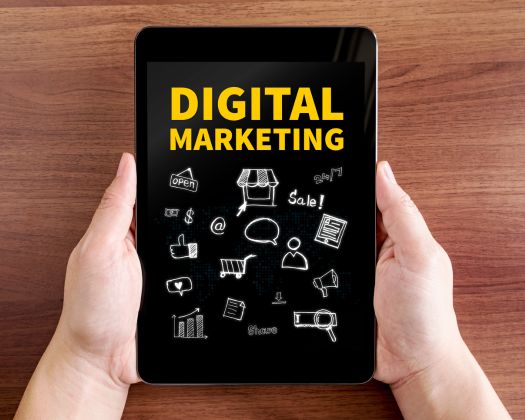The Impact of Artificial Intelligence on Marketing Firms
In recent years, artificial intelligence (AI) has revolutionized the way marketing firms operate, offering unprecedented capabilities to analyze data, automate tasks, and personalize interactions with customers. From enhancing efficiency to driving innovation, AI has become an indispensable tool for marketing professionals seeking to stay ahead in an increasingly competitive landscape. In this article, we'll delve into the various ways AI is transforming marketing firms and reshaping the industry.
Data Analysis and Insights
One of the most significant contributions of AI to marketing firms is its ability to process vast amounts of data quickly and efficiently. AI-powered analytics tools can sift through complex datasets to identify patterns, trends, and customer preferences, providing invaluable insights for targeted marketing campaigns. By leveraging AI-driven analytics, marketing firms can make data-driven decisions, optimize marketing strategies, and predict consumer behavior with greater accuracy.
Personalization at Scale
AI enables marketing firms to deliver highly personalized experiences to customers at scale. Through machine learning algorithms, AI can analyze customer data in real-time to create personalized recommendations, content, and offers tailored to individual preferences and interests. Personalized marketing initiatives not only enhance customer engagement but also foster brand loyalty and drive conversions, ultimately leading to improved ROI for marketing campaigns.
Automation of Routine Tasks
AI-powered automation streamlines repetitive tasks and processes within marketing firms, freeing up valuable time and resources for strategic initiatives. Tasks such as email marketing, social media scheduling, and campaign optimization can be automated using AI-driven tools, allowing marketing professionals to focus on creative ideation, strategy development, and relationship-building with clients. Automation not only improves operational efficiency but also reduces human error and accelerates time-to-market for marketing campaigns.
Predictive Analytics and Forecasting
AI-driven predictive analytics enables marketing firms to anticipate future trends, customer behavior, and market dynamics with greater accuracy. By analyzing historical data and identifying predictive patterns, AI models can forecast market demand, customer churn, and campaign performance, empowering marketing firms to proactively adjust their strategies and stay ahead of the competition. Predictive analytics also minimizes risks associated with marketing investments and enhances decision-making capabilities.
Enhanced Customer Engagement
AI-powered chatbots and virtual assistants enable marketing firms to deliver personalized and responsive customer support round-the-clock. By leveraging natural language processing (NLP) and machine learning algorithms, chatbots can interact with customers in real-time, answer queries, resolve issues, and provide product recommendations, enhancing overall customer experience and satisfaction. Additionally, AI-driven sentiment analysis tools enable marketing firms to monitor and analyze customer feedback across various channels, allowing them to identify areas for improvement and address customer concerns proactively.
Content Generation and Optimization
AI-driven content generation tools assist marketing firms in creating high-quality, engaging content at scale. Natural language generation (NLG) algorithms can generate blog posts, articles, product descriptions, and social media captions based on predefined parameters and data inputs. AI-powered content optimization tools analyze performance metrics and user feedback to refine content strategies, improve SEO rankings, and maximize audience engagement. By harnessing the power of AI for content creation and optimization, marketing firms can maintain a consistent brand voice, drive traffic, and generate leads effectively.
Conclusion:
In conclusion, AI is transforming marketing firms by empowering them to leverage data-driven insights, automate routine tasks, personalize interactions, and enhance customer engagement. As AI continues to evolve and mature, marketing professionals must embrace innovation and adopt AI-driven technologies to stay competitive in today's dynamic marketplace. By harnessing the power of AI, marketing firms can unlock new opportunities, drive growth, and deliver exceptional value to clients and customers alike.









